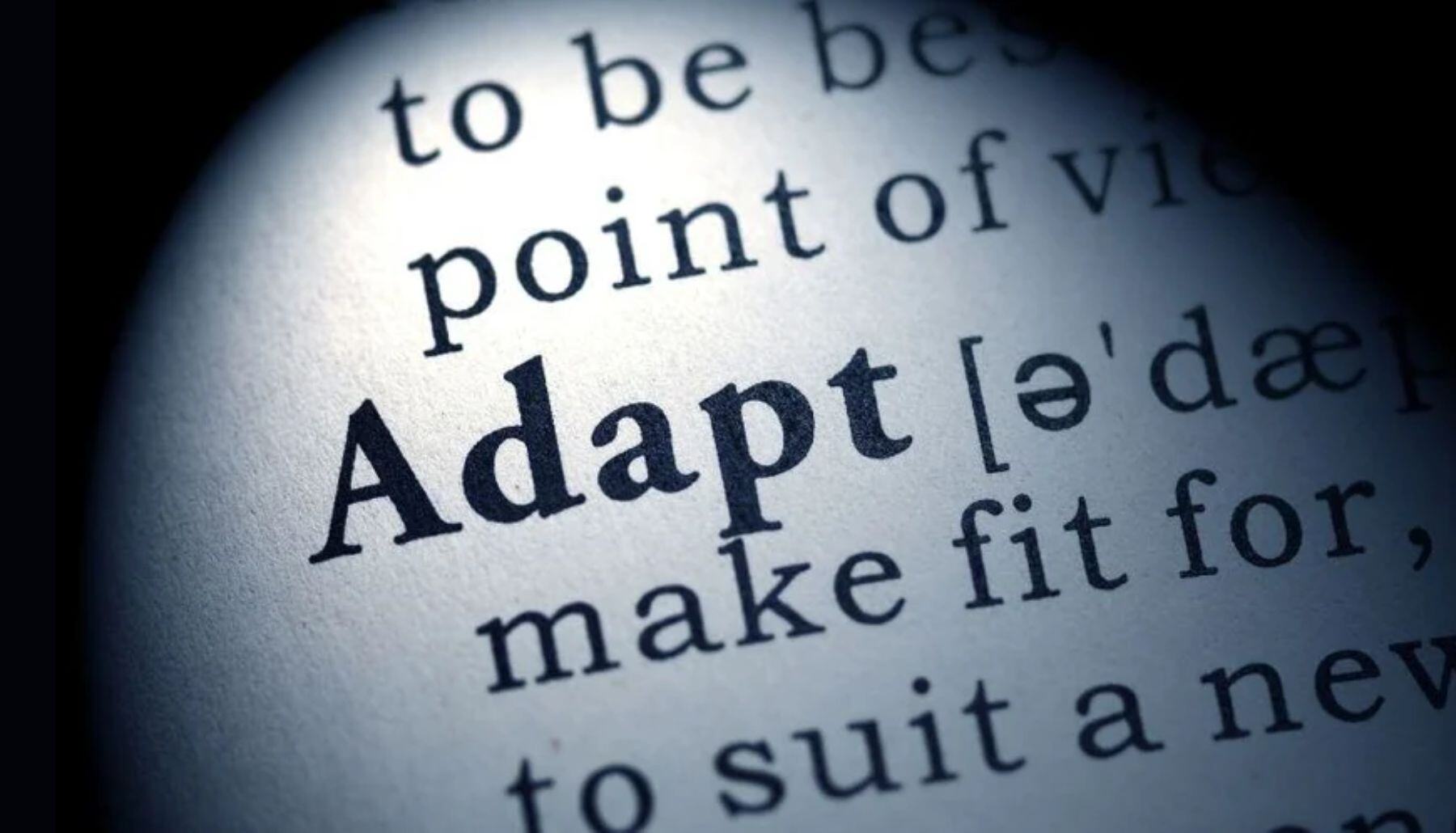A Rapid Adaptor is someone who takes action through experimentation in the face of uncertainty. They are comfortable with ambiguity and capable of unlearning outdated knowledge to embrace new information and methodologies. These individuals thrive in dynamic environments by leveraging their ability to adapt quickly and effectively.
Adaptability is a key driver of success in today’s fast-paced world. As new technologies emerge and societal needs evolve, the ability to adapt quickly allows individuals and organizations to stay relevant and competitive. Rapid Adaptors excel in this dynamic environment, using their willingness to experiment and their comfort with uncertainty to navigate change effectively.
-
Experimentation: A proactive approach to problem-solving that involves testing new ideas and approaches in real-world settings.
-
Comfort with Ambiguity: The ability to remain effective and composed even when the path forward is unclear.
-
Unlearning: The capacity to let go of outdated knowledge and practices in favor of new, more relevant information and techniques.
- Resilience: The mental and emotional strength to cope with and recover from challenges and setbacks.
In a world characterized by rapid technological advancements and shifting societal demands, the ability to adapt quickly is invaluable. Rapid Adaptors are equipped to handle uncertainty and change, positioning them as indispensable assets in any team or organization. Their proactive approach to learning and flexibility enables them to turn challenges into opportunities.
Embrace Experimentation by applying the Lean Startup Methodology
Apply the Lean Startup methodology by creating a minimum viable product (MVP) and iterating based on customer feedback. This approach emphasizes building quickly, learning from real-world use, and adapting accordingly, fostering a culture of rapid experimentation and continuous improvement.
Get Comfortable with Ambiguity through Scenario Planning and Decision-Making Frameworks
Engage in scenario planning to explore and prepare for multiple possible futures. This technique helps you anticipate various outcomes, develop flexible strategies, and build confidence in dealing with uncertainty.
Use decision-making frameworks like the OODA Loop (Observe, Orient, Decide, Act) to navigate ambiguity. This cyclical process encourages rapid response to changing circumstances by continually reassessing the situation and making iterative decisions.
Commit to Continuous Learning through Journaling and Cross-Training
Maintain a learning journal where you document new things you learn each day, reflect on your experiences, and set goals for future learning. This practice keeps you accountable and motivated to continue your educational journey. Engage in cross-training to develop skills outside your primary expertise. This not only broadens your knowledge base but also prepares you to pivot to different roles or tasks as needed, enhancing your overall adaptability.


WANT TO GET NOTIFIED ABOUT OUR EVENTS?
Join our mailing list for tips, events, and opportunities.

